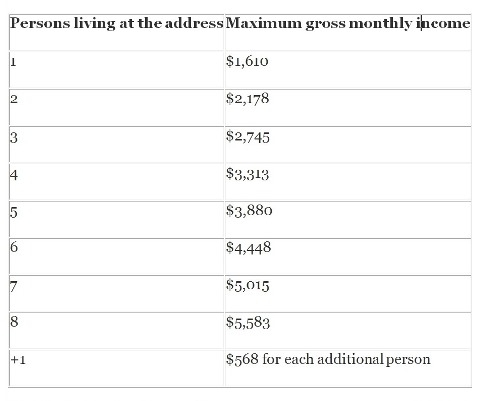The KCC estimates monthly bills could rise, on average, between $5 and $7
by Allison Kite, Kansas Reflector
Customers of Kansas’ largest natural gas utility will see their bills go up in the wake of last winter’s deep freeze — but it’s still unclear by how much and for how long.
Kansas regulators on Tuesday approved an agreement with the Kansas Gas Service to recoup $366 million in excess natural gas costs, incurred to keep residents’ heat on when temperatures last February plunged below freezing for days on end and natural gas prices rose by 200 times almost overnight.
During the freeze, which resulted in deaths and dayslong outages in Texas, the Kansas Corporation Commission ordered utilities to do everything they could to keep providing gas and electric service and defer the costs.
“A lesser response could have resulted in catastrophic property damage and serious public safety implications, including potential loss of life,” the commission said in a news release. “When extraordinary costs are unavoidable and necessary to benefit the public, it is in the public interest to allow recovery of such costs.”
The agreement represented a settlement in which KGS agreed to trim some of its carrying costs on the sum from the storm. It brought the total Kansans will pay down from $390 million.
But KGS customers won’t know how much more they’ll pay — or for how long — until the gas utility files for securitization and issues bonds to be repaid over five to 10 years. The KCC estimated monthly bills would rise, on average, between $5 and $7.
A separate settlement between KGS’ large customers, like school districts and manufacturers, is still to come and could reduce the burden on residential customers by as much as $50 million, said David Nickel, executive director of the Citizens’ Utility Ratepayer Board, which advocates for residential and small business customers of Kansas utilities.
Nickel said CURB supported moving quickly to reach a deal for customers to repay the funds with the hopes of getting low interest rates. He acknowledged “it seems like a lot of money, and it is,” and said the board was concerned about potential manipulation or price-gouging in the natural gas market.
If ongoing investigations by Kansas Attorney General Derek Schmidt or federal regulators reveal manipulation, the settlement says any recouped funds need to go back to ratepayers, something Nickel emphasized is important to CURB.
Nickel said the negotiations also yielded a promise from KGS to develop a payment plan program for low-income customers by the end of this year.
Nickel said it’s significant that Kansans didn’t lose heat en masse or suffer deaths because of outages.
“I can assure you that I would pay more than $600 over a period of 10 years to keep people that I know and I love safe and alive,” he said.
Kansas Reflector stories, www.kansasreflector.com, may be republished online or in print under Creative Commons license CC BY-NC-ND 4.0
See more at https://kansasreflector.com/2022/02/08/kansas-regulators-approve-natural-gas-utilitys-plan-to-recoup-366-million-from-customers/.

